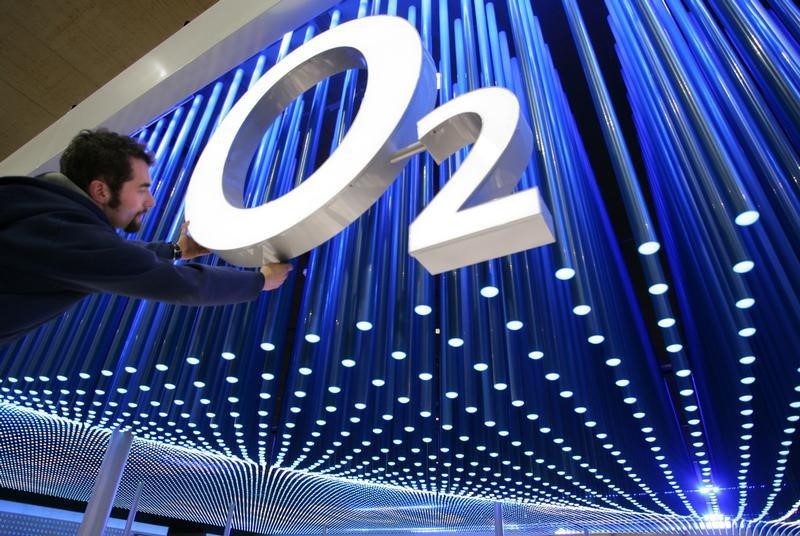This post was originally published on this site
https://i-invdn-com.akamaized.net/news/LYNXNPEC100Q8_M.jpg
Investing.com — It’s Europe’s biggest M&A deal since the continent went into lockdown: Spanish telecoms giant Telefonica (MC:TEF) is merging its U.K. business O2 with Virgin Media, owned by ‘cable cowboy’ John Malone’s Liberty Global (NASDAQ:LBTYA).
If approved by regulators, it will combine the U.K.’s second-biggest mobile business (O2) with the country’s second-biggest internet business (Virgin), creating an integrated giant more than capable of taking on the two local heavyweights, BT Group (LON:BT) and Vodafone Group PLC (LON:VOD), and will squeeze smaller rivals such as Talk Talk even harder.
The logic to the deal is undeniable – Telefonica has been looking for a partner for O2 for years. Its original choice, CK Hutchison’s 3, was forbidden by the U.K.’s antitrust regulators.
By 5:30 AM ET (0930 GMT), Telefonica stock was down 0.4%, paring some of the gains it had made as details about the intended deal had dribbled out. Vodafone (NASDAQ:VOD) shares were down 0.5% while Talk Talk (LON:TALK) was down 1.0%.
BT shares fell by a more dramatic 8.8%, due to a separate but, in the light of things, probably connected development: it’s suspending its dividend until its fiscal 2022 year in an effort to preserve cash that’s sorely needed to cover customer defaults and, of course, the rolling out of 5G services.
The new joint venture is valued at just over 31 billion pounds ($38 billion), including 11.3 billion pounds of debt. Its owner will share free cash flow equally, even though the more profitable Virgin, at 18 billion pounds, was valued 50% higher than O2.
Telefonica will get some 5.3 billion pounds in cash as the merger completes, a prospect that allowed it to keep its dividend unchanged on Thursday – unlike BT.
But what stands out most about the deal is the amount of leverage that the two companies feel comfortable with. They’re targeting ongoing net leverage of between 4 and 5 times. Given the limited opportunities for growth in a saturated market, and the limited space to push higher prices on a hard-pressed consumer base, that implies that neither expects a significant increase in borrowing costs for years (and why would they, given the current state of ECB and Bank of England monetary policy?). It’s just as well they think they can squeeze 540 million pounds of costs a year out of the deal.
In other words, the main takeaway from the deal is that ‘free money forever’ will be the working assumption behind M&A in the Covid-19 era.

